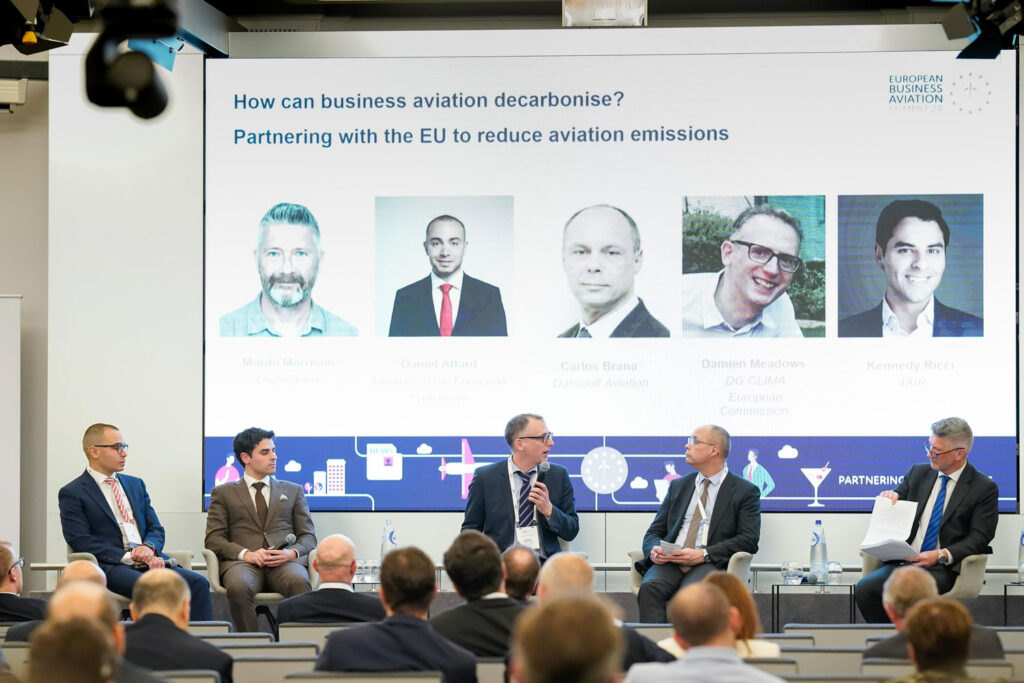As an invited speaker at the European Business Aviation Association (EBAA) Summit, I had the privilege of representing Malta on a stage that defines the future of aviation in Europe. Business aviation is often misunderstood as an exclusive luxury, but for Malta, it’s a practical necessity; an essential connector to global opportunities and a driver of economic innovation.
For an island nation like ours, business aviation bridges the gaps that geography creates. It enables industries such as finance, tourism, and manufacturing to thrive by offering flexible, reliable links to key markets. Yet, as this sector grows, it faces mounting challenges that demand urgent action and a forward-looking approach.
One critical issue is the limited availability of Sustainable Aviation Fuels (SAF), which are key to reducing the sector’s carbon footprint. At the summit, I underscored the need for EU investment to expand SAF production and distribution. Without these solutions, smaller markets like Malta risk being excluded from the aviation industry’s green transition; a scenario that’s neither fair nor sustainable.

The future of business aviation doesn’t stop at SAF. Alternative propulsion systems, such as electric and hydrogen technologies, are already reshaping what’s possible. Europe has a choice: lead this transformation or fall behind. Malta can and should be a testing ground for these innovations, combining our flexible legal frameworks, skilled workforce, and strategic location to attract global players in next-generation aviation.
At the summit, I emphasized Malta’s unique ability to punch above its weight. We have the talent, the determination, and the adaptability to help shape a sector that balances sustainability, connectivity, and competitiveness.
This isn’t about defending the status quo; it’s about making Malta part of the aviation industry’s most exciting developments. The challenges are real, but so are the opportunities, and Malta is ready to help lead the way.

